With the November presidential election quickly approaching, outgoing president Barack Obama is facing the same transition thousands of his fellow baby boomers are facing each day — retirement.
At 54, Obama is one of the youngest outgoing presidents in history. He is at the tail end of the baby boomer generation and is a decade younger than the traditional age of retirees in the United States. He may well choose to continue career pursuits for years before settling into retirement.
Several other presidents have continued working after their presidential terms, while others withdrew from the spotlight. Following his presidency, Franklin Pierce publicly denounced Abraham Lincoln, but by the end of the Civil War he was all but forgotten by the American public, and little was written about him when he died in 1869.
Most former presidents have remained visible in politics and community service. Jimmy Carter worked with Habitat for Humanity following his presidency, and he founded the Carter Presidential Center at Emory University to shine a light on issues related to democracy and human rights. Carter has also remained active in foreign affairs as a freelance ambassador and dispute mediator.
Today's presidents earn an annual salary of $400,000, plus a $50,000 nontaxable expense account, and a pension of nearly $200,000 per year. But for early presidents, the White House was often a financial drain, leaving them worse off financially in retirement than when they took office. Early presidents such as Thomas Jefferson were expected to pay for their own travel, diplomatic entertainment and staff salaries.
Still, those who retired with financial challenges were luckier than the eight presidents who never had the chance to retire at all. Eight presidents have died in office: William Henry Harrison, Zachary Taylor, Abraham Lincoln, James Garfield, William McKinley, Warren Harding, Franklin Roosevelt and John F. Kennedy. Harrison had the unfortunate distinction of dying penniless after a term of only 31 days in office. Congress mercifully granted his widow, who hadn't even arrived at the White House before he died, an annual pension equal to the presidential salary. She was the first former first lady to receive such a benefit.
Most former presidents returned to their home states to enjoy a retirement of family time, writing their memoirs, designing their presidential library, occasional public appearances and work on their favorite community service or social programs.
However, a few former presidents were not content to enjoy a quiet retirement after escaping from the demands of the presidency. The Miller Center, an affiliate of the University of Virginia, dedicated to presidential scholarship, provides details about all U.S. presidents, including how they chose to spend their time following their presidency.
Here are 10 presidents that had noteworthy retirements:
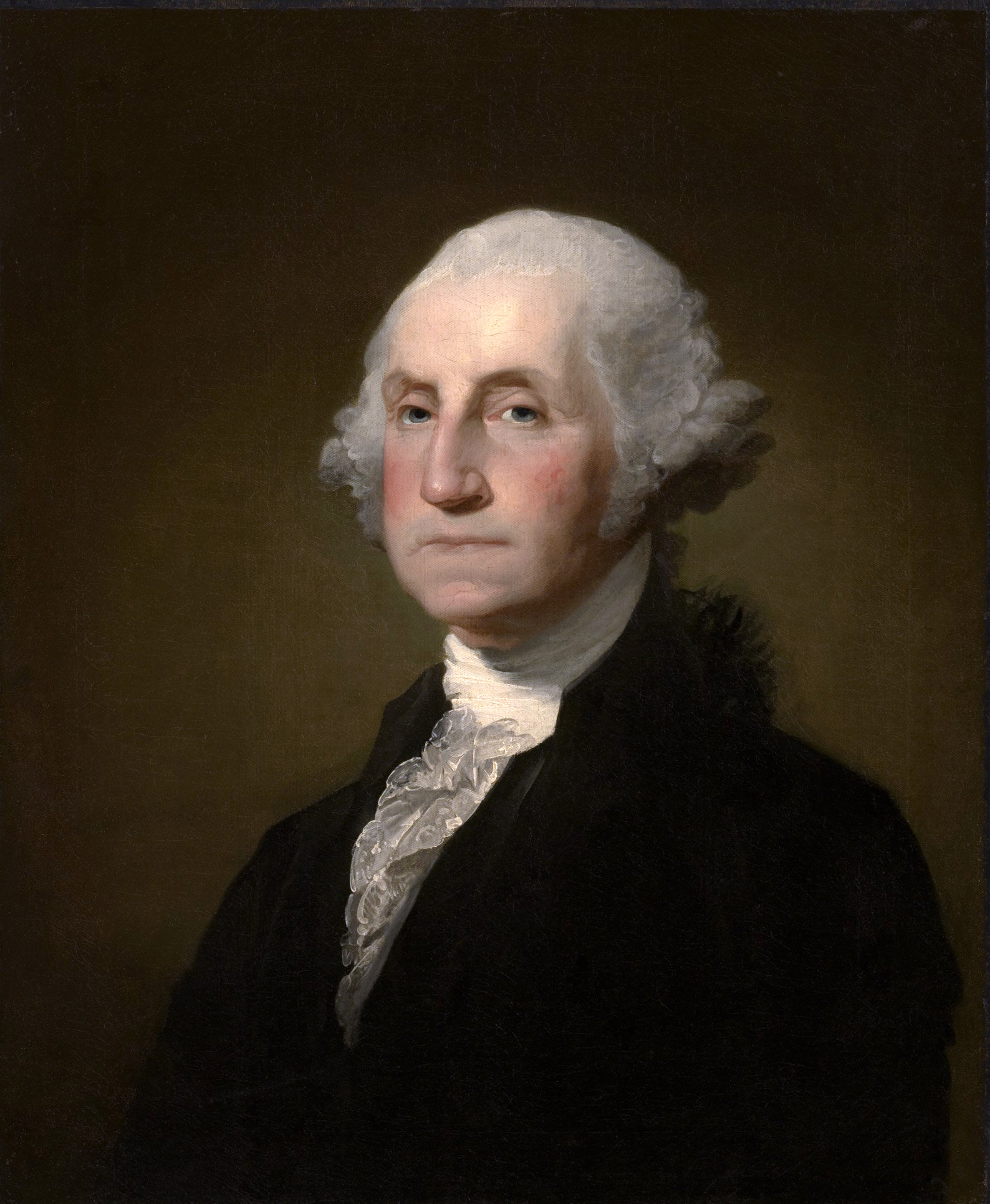 George Washington
George Washington
Political party: None.
Born: Feb. 22, 1732.
Died: Dec. 14, 1799.
Presidential term: 1789-1797.
Nickname: Father of His Country.
Retirement facts: After working as a planter, then a soldier and finally the first president of the United States, Washington spent what remained of his life trying to restore his plantation home, Mount Vernon, which had been neglected for decades. Two years after leaving office, Washington was pressed into a largely symbolic role as commander of the American Army, but unable to perform any significant functions because of old age, he ceded control of the army and returned home. That same year, Washington became ill and died after spending several hours on horseback inspecting his property during a winter storm.
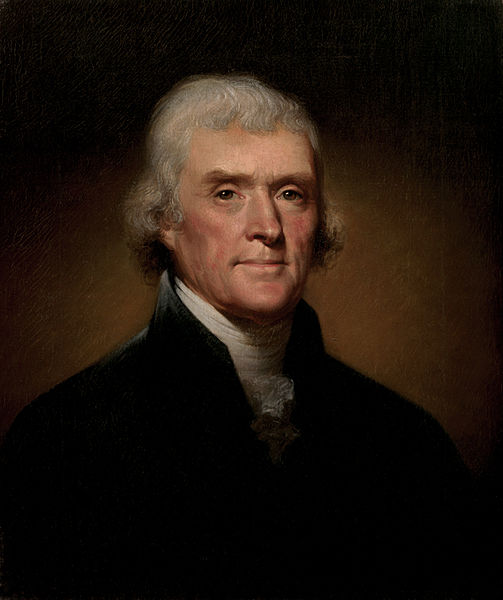 Thomas Jefferson
Thomas Jefferson
Political party: Democratic-Republican.
Born: April 13, 1743.
Died: July 4, 1826.
Presidential term: 1801-1809.
Nickname: Man of the People.
Retirement facts: Jefferson left the presidency and returned to his plantation home, Monticello, in Virginia. He spent his retirement researching science and natural history and tinkering with experiments and inventions. His major achievement during his retirement was founding the University of Virginia, including designing the campus, developing its curriculum and selecting faculty. Jefferson struggled financially following his presidency, which left him $10,000 in debt. He devised a lottery scheme with his estate as the prize in an attempt to pay off his debts and help his heirs. Private citizens intervened and urged Jefferson to raise the money in other ways. But before he could pay off his debts, Jefferson died while visiting Washington for Fourth of July festivities in 1826, the 50th anniversary of the presentation of the Declaration of Independence.
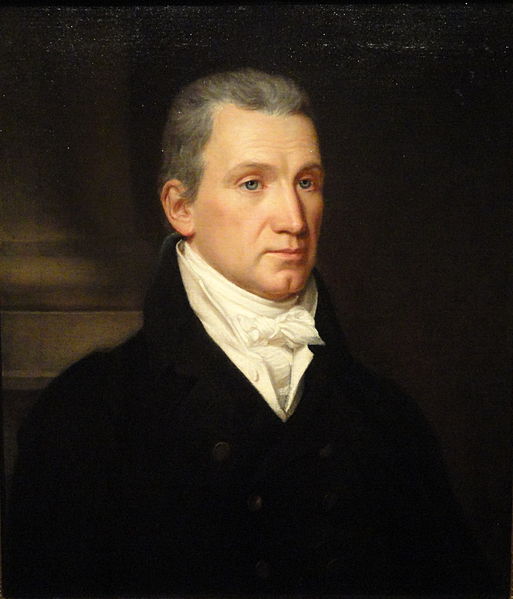
Political party: Democratic-Republican.
Born: April 28, 1758.
Died: July 4, 1831.
Presidential term: 1817-1825.
Nickname: The Last Cocked Hat.
Retirement facts: Monroe left the presidency in debt after spending years in low-paying public service positions that required expenditures for entertaining and protocol. He spent several years seeking payment from the federal government of funds due to him for his past service. The government eventually did repay Monroe a portion of the funds he sought, which allowed him to pay off his debts. He attempted to write two books during his retirement, including an autobiography, but he completed neither. After the death of his wife, he moved to New York City to live with his daughter until his death on July 4, 1831. He was third president to die on the Fourth of July.
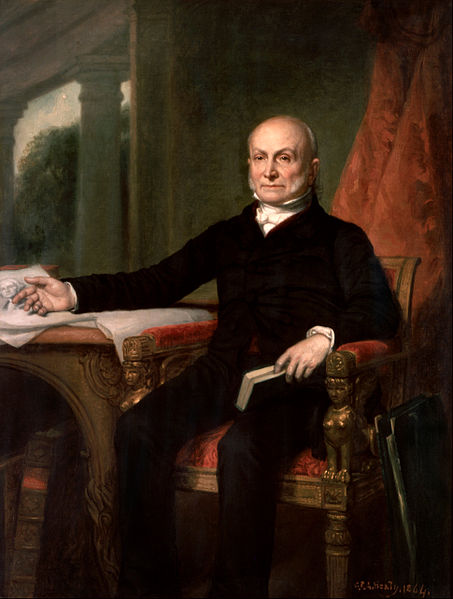 John Quincy Adams
John Quincy Adams
Political party: Federalist, Democratic-Republican, Whig.
Born: July 11, 1767.
Died: Feb. 23, 1848.
Presidential term: 1825-1829.
Nickname: Old Man Eloquent.
Retirement facts: Adams was disheartened by his defeat by Andrew Jackson for a second term as president and returned to his home in Quincy, Mass. However, retirement bored him and politics continued to intrigue him, so at the suggestion of neighbors (and against his family's wishes) he ran for Congress. He would serve nine terms in Congress following his presidency, supporting notable initiatives including the annexation of Texas. He was one of the House's most outspoken critics of slavery and successfully argued for the release of slave mutineers aboard the Spanish ship Amistad. He suffered a stroke after casting a vote on the House floor in the Capitol, and he died two days later.
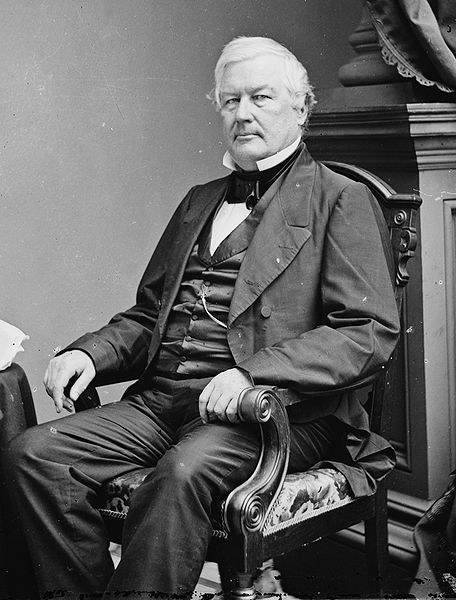 Millard Fillmore
Millard Fillmore
Political party: Whig.
Born: Jan. 7, 1800.
Died: March 8, 1874.
Presidential term: 1850-1853.
Nickname: The American Louis Philippe.
Retirement facts: After suffering the deaths of both his wife and daughter shortly after leaving the presidency, Fillmore searched for distractions. Like many former presidents, he found himself re-engaged in politics during his retirement. With his Whig party in decline, he became involved in the formative stages of a new political party called the Know-Nothings, made up primarily of former Whigs, that targeted native-born Americans who were unhappy about massive immigration. The Know-Nothings tapped Fillmore to be their presidential candidate in 1856. His bid for the presidency was unsuccessful, but his candidacy diverted votes away from the Republican candidate, allowing the Democratic candidate, James Buchanan, to prevail. He retired to Buffalo, New York, remarried and became a staunch Unionist during the Civil War who supported the Fugitive Slave Law.
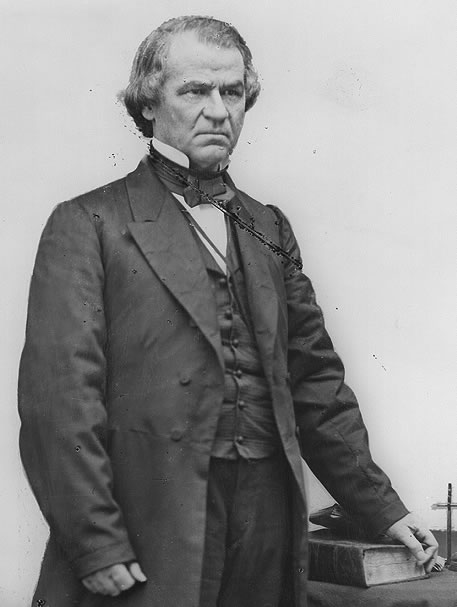 Andrew Johnson
Andrew Johnson
Political party: Democrat, Unionist.
Born: Dec. 29, 1808.
Died: July 31, 1875.
Presidential term: 1865-1869.
Nickname: None.
Retirement facts: After losing the Democratic Party nomination for the 1868 presidential election, Johnson remained active in politics. He ran unsuccessfully for the Senate and House of Representatives, but was undeterred. In 1875, he won his candidacy for the Senate and became the only president to serve in the Senate after his presidential term. His tenure as a post-presidency senator was short. He died the same year he was elected after suffering a stroke.
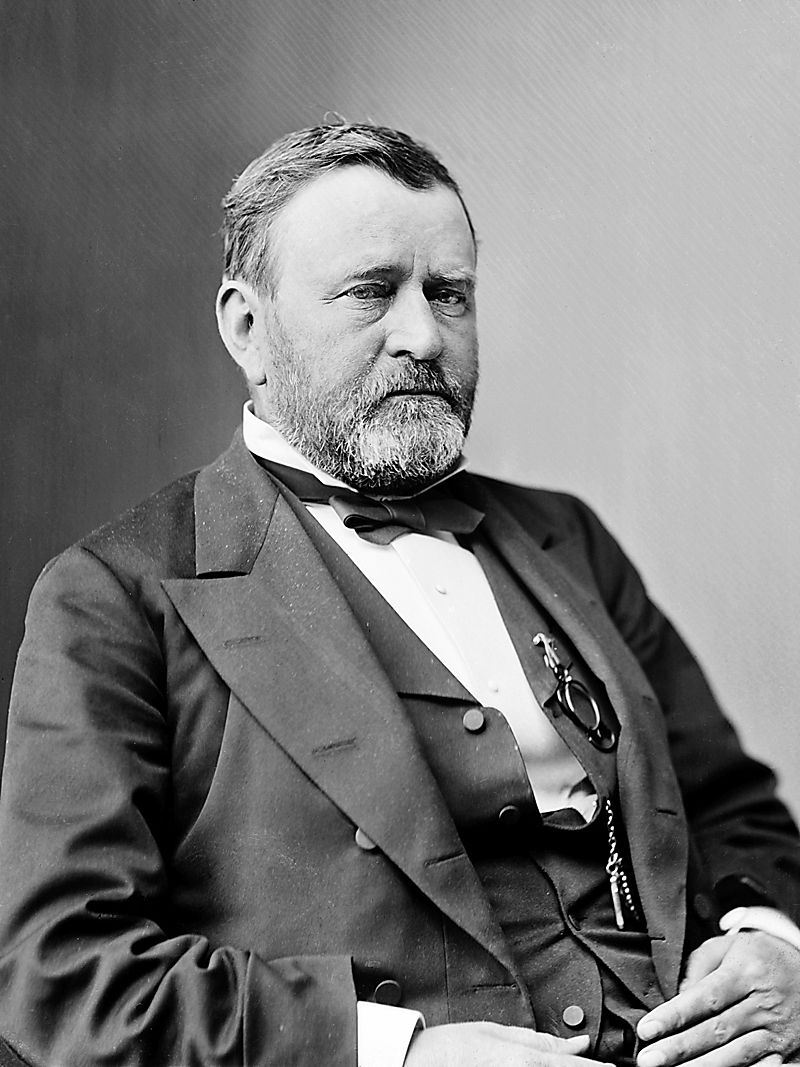 Ulysses S. Grant
Ulysses S. Grant
Political party: Republican.
Born: April 27, 1822.
Died: July 23, 1885.
Presidential term: 1869-1877.
Nickname: Hero of Appomattox.
Retirement facts: After two terms in office, Grant had had enough. He renounced any interest in serving a third term, and he took little interest in the election until it was disputed. Grant played an important role as the country's steady leader during the resolution of the election. Following his presidency, he and his wife, Julia, embarked on a two-year journey around the world during which time they visited Europe, Africa, the Middle East and Asia, and met with political leaders, royalty and artists. Upon his return the United States, Grant decided to run again for the presidency, but was defeated for the Republican Party nomination by James A. Garfield. Suffering a further setback, Grant lost most of his assets after investing them in a partnership headed by his son. He began writing articles for Century Magazine and eventually penned his memoirs, which Mark Twain offered to publish for him. Grant was dying of throat cancer, but spent his remaining days writing his memoirs in hopes they would generate enough income to sustain his heirs. Just days before his death, he completed the book, which was wildly successful and provided for his family as he had hoped.
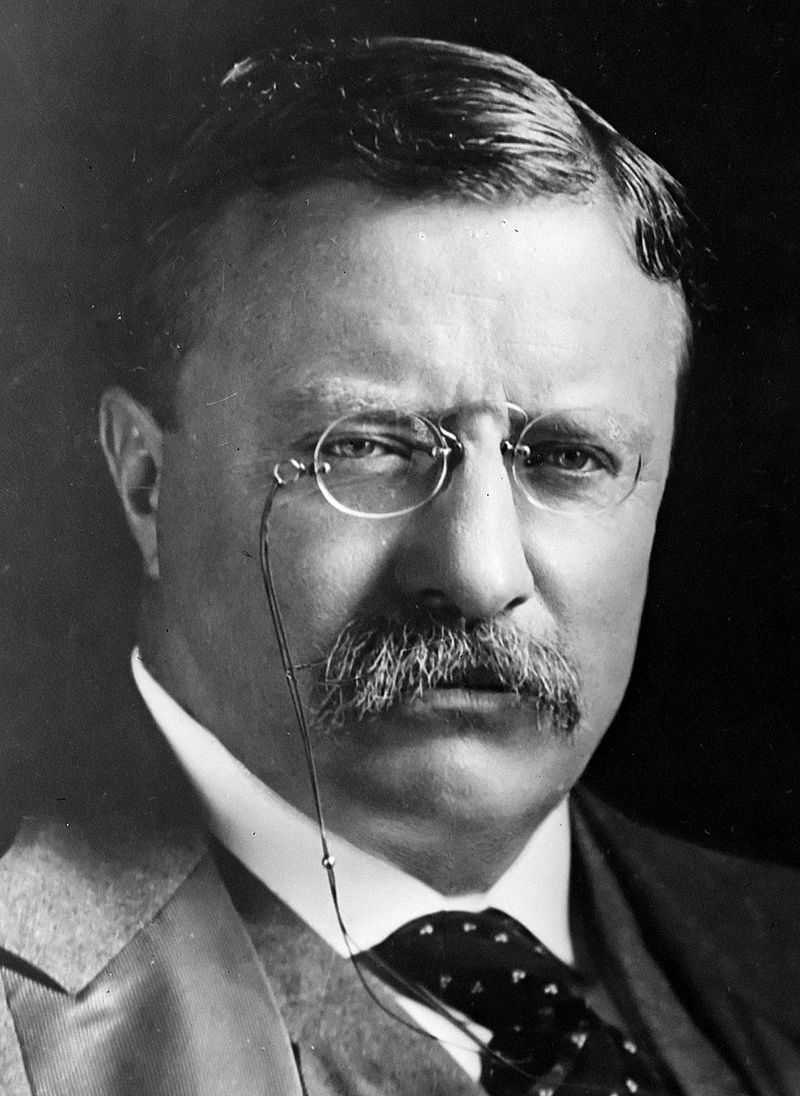 Theodore Roosevelt
Theodore Roosevelt
Political party: Republican.
Born: Oct. 27, 1858.
Died: Jan. 6, 1919.
Presidential term: 1901-1909.
Nickname: Teddy.
Retirement facts: Following his defeat in 1912 by Woodrow Wilson, Roosevelt and his son, Kermit, embarked on a journey into Brazil's jungles, exploring the River of Doubt in the Amazon. The 15,000-mile expedition took seven months and ended when Roosevelt contracted malaria and became ill with a serious infection after a boat accident left him with an injured leg. Upon his return to the United States, he began writing essays and books on history and science. He advocated for the United States to enter World War I, and was disappointed when Wilson initially chose neutrality. When the country finally entered the war in 1917, Roosevelt offered to organize a volunteer division, but was rejected by the War Department. All four of his sons, however, volunteered to fight. His youngest son, Quentin, died when he was shot down during a mission over Germany in 1918, leaving Roosevelt despondent, although he continued a lackluster public campaign in support of the war. He died in his sleep shortly after Quentin's death.
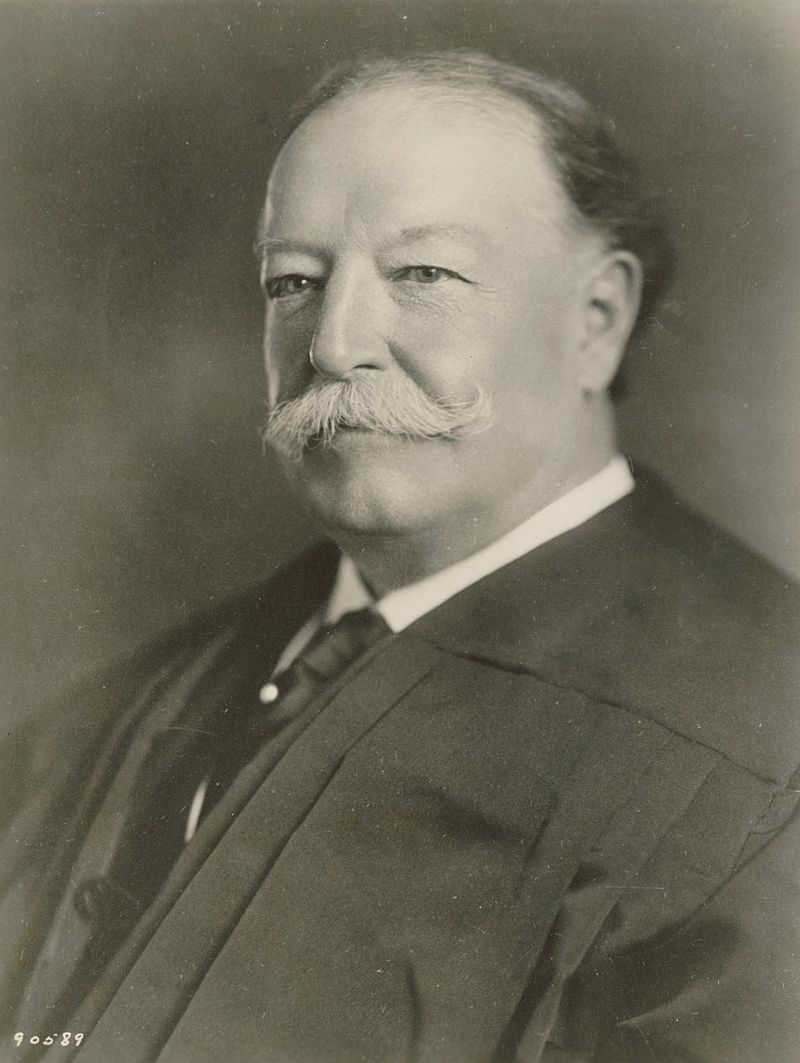 William Taft
William Taft
Political party: Republican.
Born: Sept. 15, 1857.
Died: March 8, 1930.
Presidential term: 1909-1913.
Nickname: None.
Retirement facts: Taft taught at Yale University Law School following his presidency. In 1921, President Warren Harding appointed Taft chief justice of the Supreme Court, making him the only person in history to serve in that role and as president. During his nine-year term on the Supreme Court, he wrote 253 opinions, most of which were conservative and favored constraints on the government. He notably struck down a provision of the Clayton Anti-Trust Act, which prohibited injunctions against labor picketing, saying peaceful picketing could deprive business owners of property and due process. When he died in 1930, his was the first presidential funeral to be broadcast on the radio.
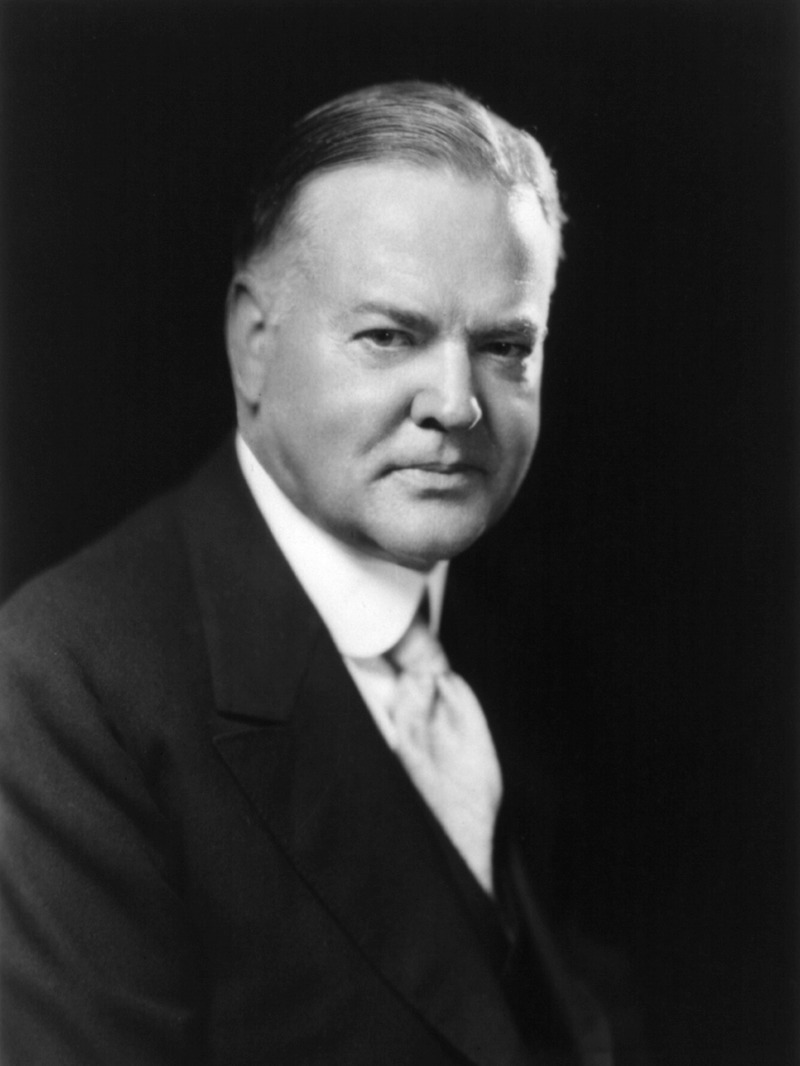 Herbert Hoover
Herbert Hoover
Political party: Republican.
Born: Aug. 10, 1874.
Died: Oct. 20, 1964.
Presidential term: 1929-1933.
Nickname: None.
Retirement facts: Herbert Hoover was defeated by Franklin D. Roosevelt in 1932. At 58 years old, he had a long post-presidency retirement in front of him. Initially a public outcast as a scapegoat for the Great Depression, he retreated to his Palo Alto, Calif., home. But politics drew him back in, and he launched public criticisms of several of Roosevelt's decisions and policies. In 1938, Hoover traveled to Europe and met with Adolf Hitler where he castigated the dictator. Despite his irritation with Hitler, he opposed U.S. involvement in World War II until Japan attacked Pearl Harbor. Roosevelt put aside any previous bad blood with Hoover and tapped him to organize international relief efforts. Following the war, Hoover publicly denounced the use of the atomic bomb in Japan. He continued to be active in party politics and frequently offered commentary on Cold War policies until his death in 1964 at the age of 90.
© Touchpoint Markets, All Rights Reserved. Request academic re-use from www.copyright.com. All other uses, submit a request to [email protected]. For more inforrmation visit Asset & Logo Licensing.






